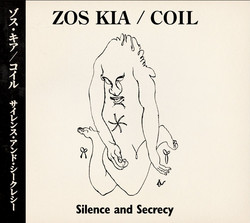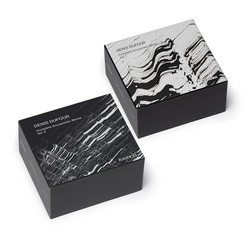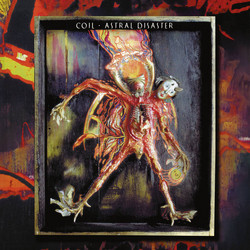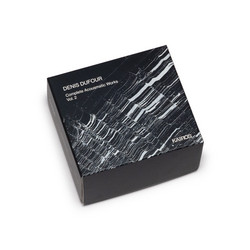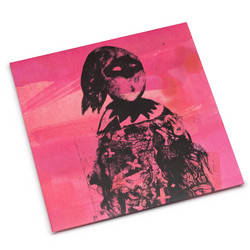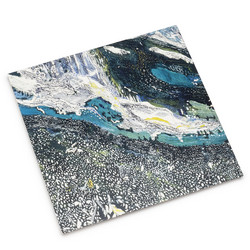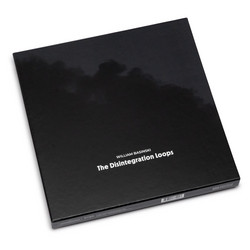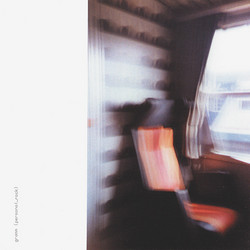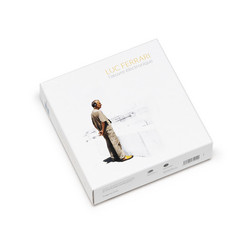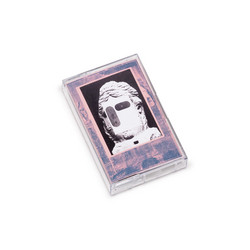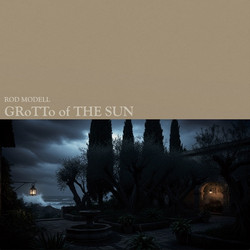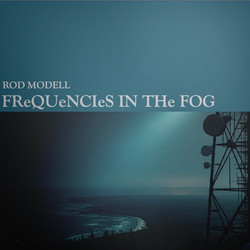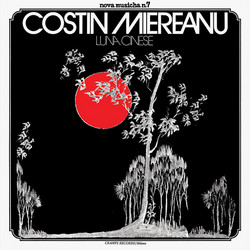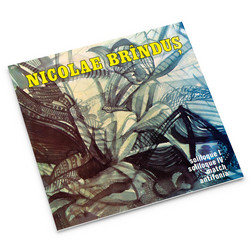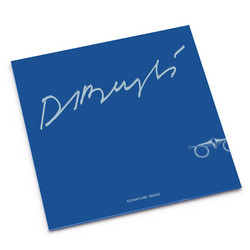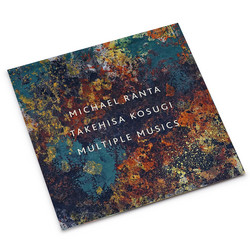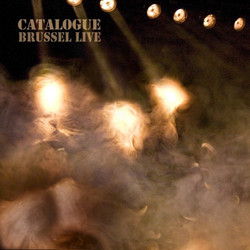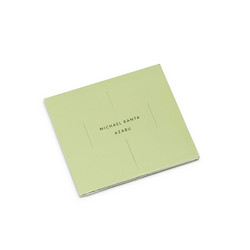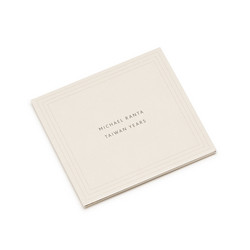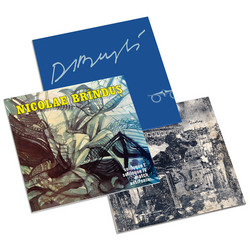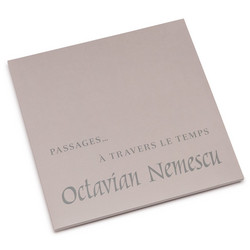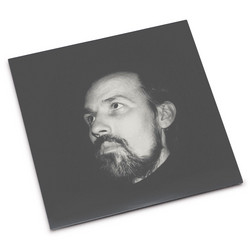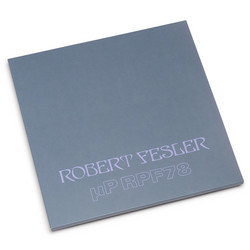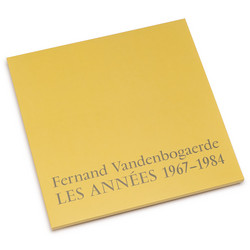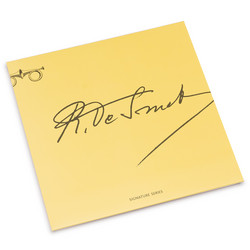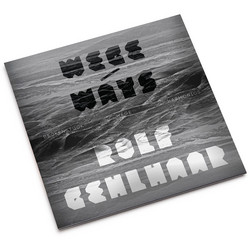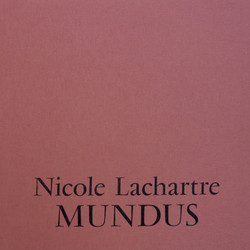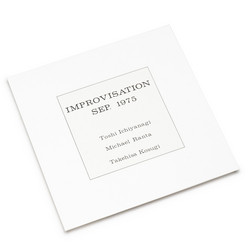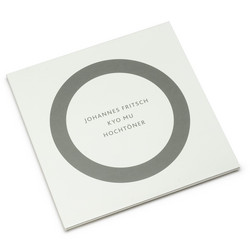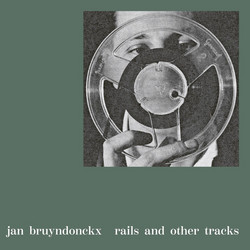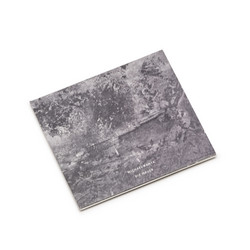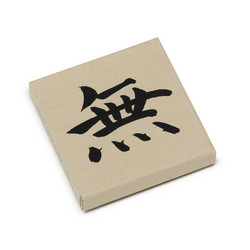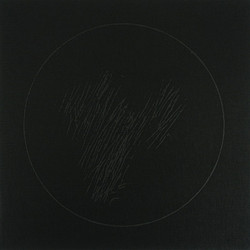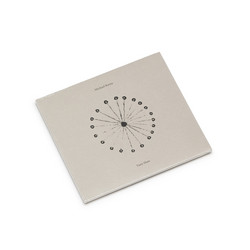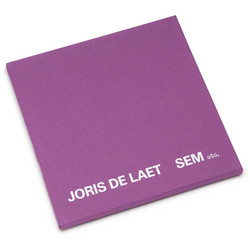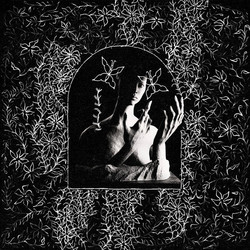It’s a rare privilege to witness the emergence of beautiful things into the world. For this reason, amongst so many others, we’re thrilled to lend a hand, announcing the launch of a brand-new label, Auryfa, run by the Geneva-based artist, author, and instrumental and electroacoustic composer Vincent de Roguin. Formerly a member of the improvised music ensemble Æthenor with Daniel O’Sullivan and Stephen O’Malley, and the band Shora, recently many might have picked up on Roguin’s text contributions to some of Metaphon’s more ambitious releases dedicated to lost artefacts of electroacoustic composition. Now, with the launch of Auryfa, Roguin has expanded his scope and the fruits of these collaborations with an absolutely astounding first release: “Poly-Art Recordings 1976-1982”, a lavish 6CD box set collecting the Romanian / French composer Costin Miereanu’s legendary series of self-published cassettes and LPs, originally issued between 1982 and 1984. Co-produced and released with Metaphon – the culmination of four years of meticulous work, including a full remaster from the original analog tapes by Stephan Mathieu – this truly monumental collection breathes new life into Miereanu’s most important body of work, skirting the borders of ambient music and minimalism, and is accompanied by restored artwork and a comprehensive essay by Vincent de Roguin. Absolutely incredible and bound to be one of the most exciting and widely celebrated releases of the year.
Costin Miereanu began his career as a wunderkind of avant-garde and experimental music, before following a highly singular path that has left his slim body of work etched on the minds and hearts of a small but faithful group of devoted fans. Born in Bucharest in 1943, between 1960 to 1966 he was a student of Alfred Mendelsohn, Dan Constantinescu, and Lazar Octavian Cosma, before moving to Paris where he earned a Doctor of Letters and a Doctor of Musical Semiotics, winning numerous prizes in writing, analysis, music history, esthetics, orchestration, and composition. Between 1967 and 1969 he was a student of Karlheinz Stockhausen, György Ligeti, and Ehrhard Karkoschka at the Internationale Ferienkurse für neue Musik in Darmstadt, laying the final groundwork for a stunning career as both a composer and noted academic over the years since, often combining techniques drawn from Satie with the abstraction of Romanian traditional music into a sonic fabric that is guided by systems associated with Musique concrète.
For many, Miereanu’s legacy will forever be bound to his debut release, 1975’s “Luna Cinese”, issued within Cramps’ legendary “nova musicha”, however, for others, it is entirely bound to a suite of self-published cassettes and LPs, on his own Poly-Art imprint between 1982 and 1984: “Dérives”, “Le Royaume de la Reine Pellapouf”, “Pianos-Miroirs”, “Jardins Oubliés”, “Fata Morgana”, and “Carrousel”. Never before reissued on any format, it is these albums that comprise Auryfa and Metaphon’s lavish 6CD box set, “Poly-Art Recordings 1976-1982”.
Initially met with limited attention upon their release, before gaining underground acclaim among subsequent generations of listeners, the body of work produced by Miereanu for Poly-Art comprises semi-improvised solo performances and electroacoustic compositions – twelve pieces in total across the span of the six album collection – crafted using an array of synthesizers—Minimoog, Polymoog, PPG Wave, Prophet-10—supplemented by piano, organ, and a handful of other instrumental sources. Drawing inspiration from Erik Satie, film soundtracks, semiology, Romanian folk and art music, Gilles Deleuze, avant-garde literature, Terry Riley, and atmospheric phenomena, each album is rooted in Miereanu’s extensive musical studies and commitment to the ideals of 1960s experimentalism.
Marked by a distinct sense of electronic abstraction, the first two albums in “Poly-Art Recordings 1976-1982” – 1982’s “Le Royaume de la Reine Pellapouf” and “Fata Morgana”, both of which only received cassette issues – were composed and recorded by Miereanu, solely using synthesizers between 1977 and 1981. Each album comprises two pieces, all of which feel radically ahead of their time, prefiguring a great deal of late '90s and early 2000s ambient, electroacoustic, and glitch-based work, threaded by moody lines that subtly nod toward Berlin School electronic music. Rippling and pulsing, within their own context, it’s hard to think of anything else like these pieces during this time.
From here, the logical progressions are the 1984 albums “Carrousel” and “Dérives”, both initially issued on vinyl and currently rare as hen’s teeth. Imbued with a vibrant, nuanced complexity that becomes more apparent with each listen, “Carrousel”, like “Le Royaume de la Reine Pellapouf” and “Fata Morgana”, was recorded by Miereanu, solely using synthesizers, in this case the Prophet-10. The similarities, however, largely end there. Loosely connected to the work of Terry Riley through its use of cycling patterns of tone, Miereanu transforms the realm of minimalism into bumbling textures that resemble a watery flow over the album’s two sides. “Dérives”, possibly the most celebrated of Miereanu’s Poly-Art albums, once again encounters the composer subtly shifting gears within a loose minimal framework. Featuring two pieces – “Finis-terre” (1978) and “Terre de Feu” (1976) – both being among the most instrumentally ambitious and complex within this collection, being composed for manipulated concrète sounds, electronics, Minimoog Model D, and electric organ, across the two sides of “Dérives”, the ear is immersed within sprawling, otherworldly stratospheres of sonority: complex sustained tones / drones, overlaid with tense washes and bubbling percolations of texture, that amount to some of the most unique work of this kind that we can call to mind.
Its final two albums – 1984’s “Pianos-Miroirs” and “Jardins Oubliés” – provide a complex and fascinating full circle for “Poly-Art Recordings 1976-1982”, moving back toward constrained meditative territories, without sacrificing the tension and rigour that helps define so much of Miereanu’s work. “Pianos-Miroirs” features the pieces “Piano - Miroir” (1978) and “Musique Climatique” (1979), the first of which is a fascinating piece of computer music where beautiful piano lines flirt with inspirations taken from Erik Satie, while the second, composed for electric organ, piano, and percussion – the collection’s only work for fully acoustic instruments – features spoken vocals threaded within cascading arpeggios and gentle ambiences, sculpting a fascinating middle ground between the works of Robert Ashley and Charlemagne Palestine. “Jardins Oubliés”, on the other hand, moves back into the territory of pure synthesis, with both of its pieces – “Jardins Oubliés” and “Jardins Désertés” – being realized on a Digital PPG-Wave synthesizer. Arguably the most left-field of the works featured across the collection, unfurling as spaced-out pulses collectively gathering and shifting with arching spectrums of ambience that produce mind-altering fluctuations of time and space.
Reissuing the complete suite of six albums created and self-released by Costin Miereanu for the very first time on any format, the monumental 6CD box set, “Poly-Art Recordings 1976-1982”, brings a hugely significant creative voice within the field of experimental music to the centre of consciousness in hugely important ways. Absolutely amazing on every count, this lavish collection is issued by Auryfa and Metaphon as the culmination of four years of meticulous work, including a full remaster from the original analog tapes by Stephan Mathieu, and is accompanied by restored artwork and a comprehensive essay by Vincent de Roguin. Impossible to recommend enough, if this is any indication of Auryfa’s ambitions, we can’t wait to see what the label has up their sleeves next. If you add one object to your collection this year, this might just be it!
